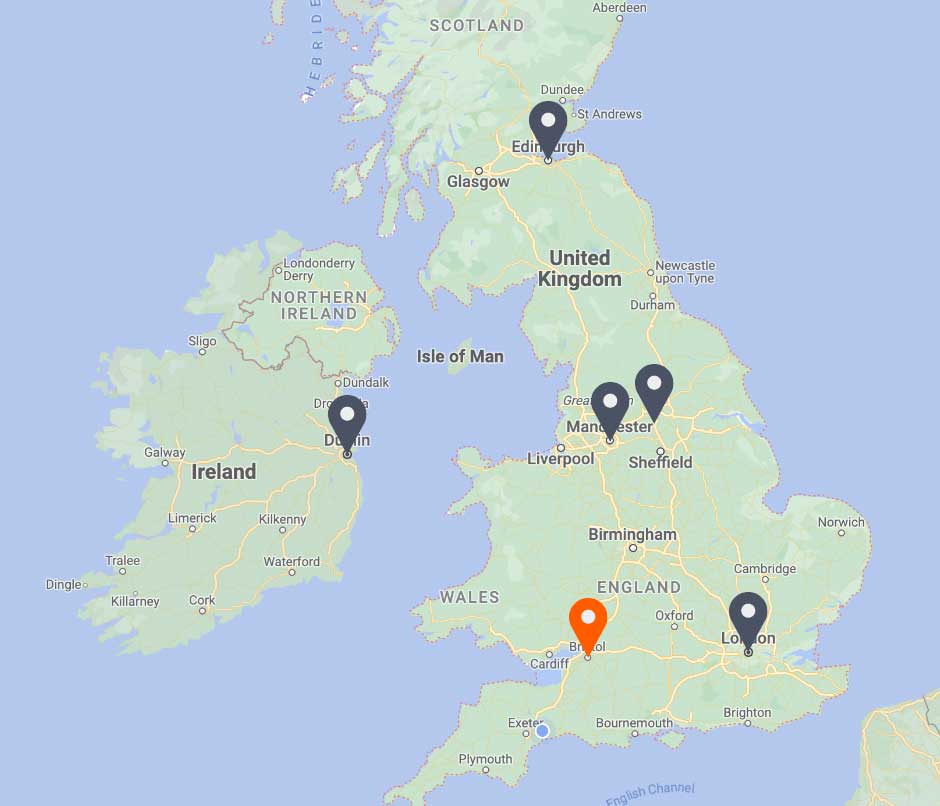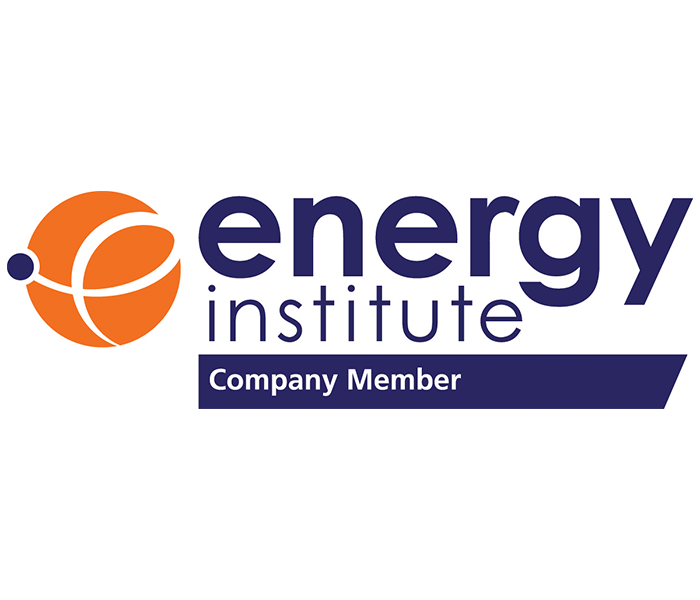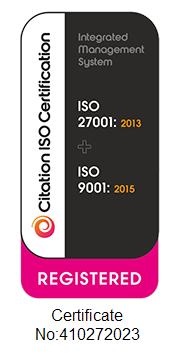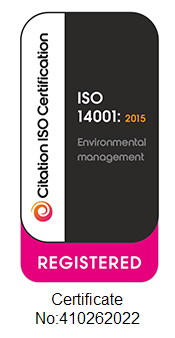THIS ARTICLE AT A GLANCE
CONTACT ETS
If you have any questions or would like to discuss further what you should be doing, ETS is here and willing to help.
Call 0117 205 0542
Email enquiries@energy-ts.com
Submit a contact form
CHECK OUR SERVICES
The Common Barriers to Achieving a Successful EnMS

Before embarking on the journey to introducing an effective energy management system, it is worth considering the common barriers that may affect its implementation. The approach adopted by an organisation to address energy efficiency is very important however, it is still the workforce, at all levels, that will influence its success. The following are the most common barriers organisations face:
Organisational Commitment
A fundamental aspect of an organisations EnMS effectiveness is the overall commitment of the workforce. To ensure senior management appreciate the impact of energy management, its importance must be instilled within the organisational culture. Energy is often treated as a problem that can be fixed and forgotten, while core business issues require constant attention. The Energy Institute, Hearts and Minds series ‘Understanding your energy culture’ tool will help identify the behaviours and attitudes towards energy management. In the process of defining the company’s current energy culture, positive improvements can be made so that energy management takes a central role within the day to day operations of the organisation.
Insufficient Resources
Introducing an EnMS within an organisation requires a commitment of resource. In most organisations, recourses are reserved for core functions of the business resulting in energy management being treated as a lower priority. Not only are there limited funds available to finance energy projects but the resources to manage them do not exist. Energy efficiency can often be improved through nil and low-cost solutions. Depending on the project adopted, the pay-back period can often deliver more than just a return on investment but also provide continual savings long after project completion.
Lack of Energy Data
This is a common barrier for many organisations. Typically, there is no one person responsible for the management of energy data and ensuring its accuracy. Data on usage, utilities rates, energy consumption patterns and variables affecting significant energy use must be available and analysed correctly to guide organisational decisions. This can pose an even bigger problem when submitting records for relevant energy compliance regulations such as ESOS or SECR. Our Energy Data Analysts are experienced in the collation and validation of energy data. Click here to learn more about our TEC service.
Results not sustained
Energy management is quiet often a reactive response to a crisis. Either an upcoming compliance deadline or rising energy costs are the catalyst to driving energy efficiency within an organisation. After the perceived crisis has then passed, efforts devoted to energy management are directed elsewhere within the business. Sustaining energy management, and its results, requires a continual focus on improvement which is instilled within the working practices of the organisation. The management structure is critical to the maintaining the momentum of the EnMS. Regular management reviews will provide a platform for feedback to evaluate the results of the EnMS. Problem areas that are identified during this process can then be corrected by revising procedures or improving employee training.
Correcting Symptoms Instead of Problems
A reactive approach to energy management and restrictive resources leads to a reliance on easy quick fix solutions. This can result in many organisations only correcting the symptoms instead of identifying the problem. Concentrating on the route causes of energy inefficiency will provide focus and ensure resources are not wasted on temporary fixes. This can only be achieved through collating accurate energy data to track the results of energy management efforts.
If you would like to learn more about setting up an Energy Management System, download our ‘Energy Management: Getting Started’ guide. Alternatively, speak to one of our Senior Consultants on 0117 379 0850 or email enquiries@enery-ts.com.
More Answers
- The importance of Behaviour in Corporate Energy Efficiency
- Start with your energy culture first! – Why so many energy saving initiatives do not deliver the predicted results
- Understanding your energy culture webinar
- ESOS Compliance Guidance: Are you ready for ESOS Phase 2?
- Save thousands through proactive interventions (calls and surveys)
Final thoughts
If you are looking for an energy management system that is tailored to your business needs, ETS can provide you with 25 years of experience in dramatically improving energy efficiency and reducing environmental impacts. Whether your businesses have individual assets or large international portfolios, ETS can assist you in saving substantial amounts of money while significantly reducing your carbon performance.
To discuss your requirements, get in touch. You can contact us by calling 0117 205 0542 or drop us an email at enquiries@energy-ts.com.
Related Article
8 Ways Businesses Can Reduce Energy Use in the Workplace This Winter
Discover how to comply with ESOS Phase 4 and unlock energy-saving opportunities for your business. This guide explains the requirements, highlights key deadlines, and provides actionable strategies. Learn how energy audits, tailored action plans, and expert support can reduce costs, improve efficiency, and align your organisation with sustainability goals.
ESOS Action Planning: Complying with Phase 4 and Implementing Energy Saving Strategies
Discover how to comply with ESOS Phase 4 and unlock energy-saving opportunities for your business. This guide explains the requirements, highlights key deadlines, and provides actionable strategies. Learn how energy audits, tailored action plans, and expert support can reduce costs, improve efficiency, and align your organisation with sustainability goals.
Important Update: What You Need to Know about ESOS Phase 3
Time is ticking for the ESOS Phase 3 deadline. The Environment Agency announced that the reporting system is available now. For organisations qualifying for ESOS Phase 3, the deadline for submitting a compliance notification is 5 June 2024, and organisations should still look to meet this compliance notification deadline where possible.










































































